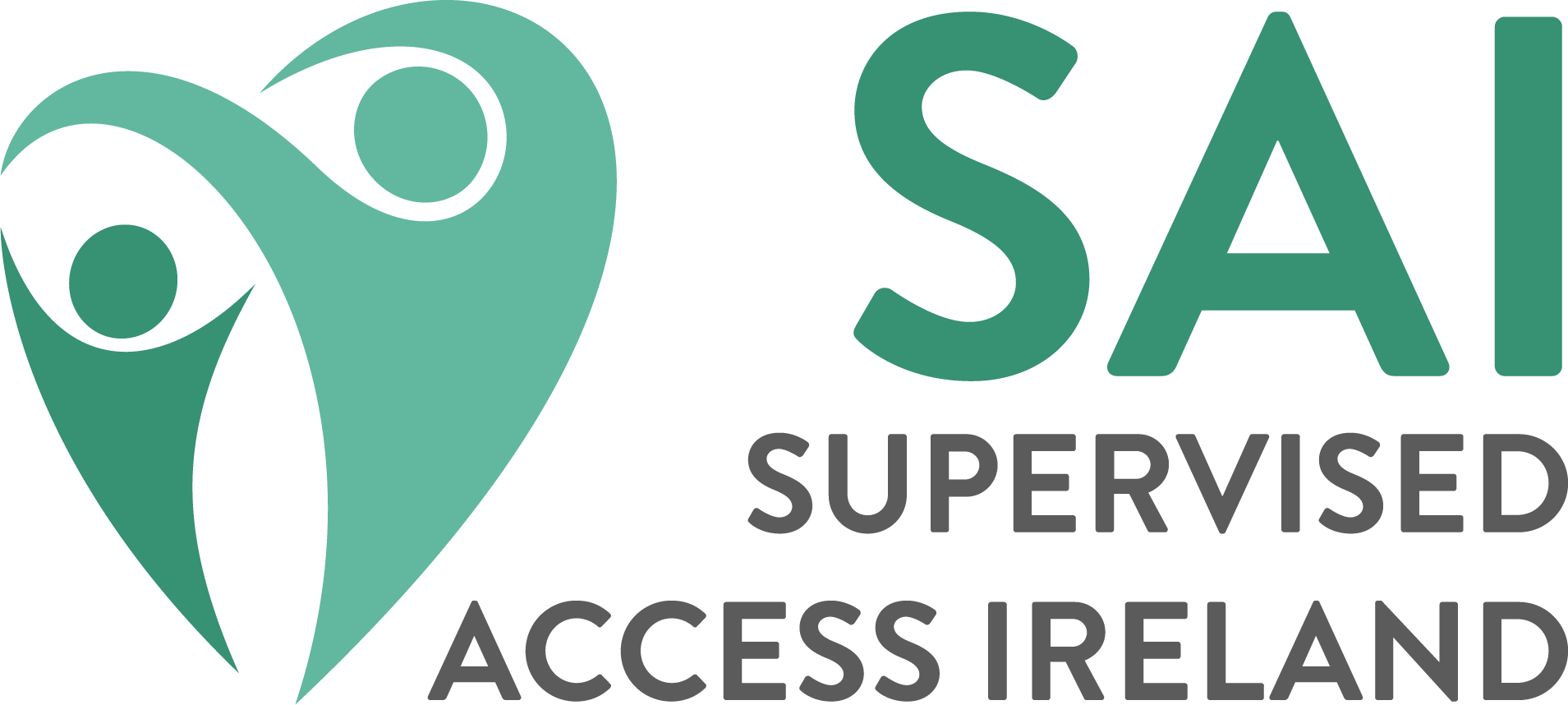Embracing Change: Recent Developments in Ireland’s Family Law Landscape
Meta Description: Discover the latest shifts in Ireland’s family law, including groundbreaking constitutional referendums and statutory reforms, and their impact on supervised access and family relationships.
Introduction:
The landscape of Irish family law is evolving, bringing forth significant changes that affect families and professionals in supervised access. Let’s delve into these transformative developments and their implications for our practice.
1. Redefining Family: Constitutional Referendums Set for 2024
Ireland is poised to redefine what constitutes a family through two upcoming constitutional referendums. These referendums aim to broaden the legal definition of family, including families based on durable relationships outside of marriage. Such a shift could have profound implications for supervised access arrangements, reflecting a more inclusive approach to family dynamics.
2. Statutory Reforms: Safeguarding Children and Families
Key legislative changes are reshaping the way we approach child welfare and family rights:
- The Mediation Act 2017: Though not yet in effect, this act promotes mediation as an alternative dispute resolution method in family law, potentially impacting supervised access cases by fostering cooperative resolutions.
- The Criminal Law (Sexual Offences) Act 2017: This act introduces new offences related to child safety, underlining the importance of vigilance in supervised access settings.
- The General Scheme of Assisted Human Reproduction Bill 2017: This bill, regulating practices like surrogacy and gamete donation, touches upon the evolving nature of family creation, relevant to our understanding of diverse family structures in supervised access.
Conclusion:
These legislative changes in Ireland herald a new era in family law, one that is more reflective of today’s diverse family structures and more committed to child welfare and safety. As supervised access professionals, staying abreast of these changes is key to delivering informed and empathetic services.





